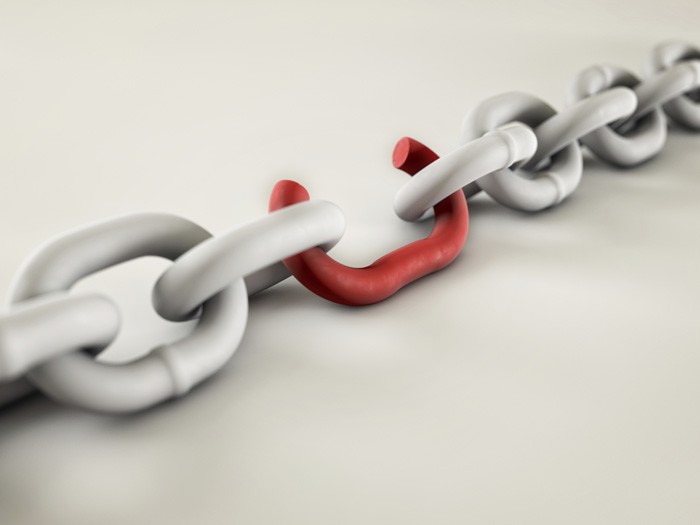In Parashat Matot we are introduced to the legal intricacies of making vows. I am using the word “vow” here in its halakhic sense, which is a commitment to perform or avoid a certain action. The rabbis of the Mishnah argued that vows can be undone if it can be proven that the one who took the vow was not fully aware of its implications. For example, R. Akiva’s father-in-law vowed to not give his daughter even a penny of his possessions, because she married an ignoramus. Years later, when he regretted his vow, he was asked if he would have still made the vow had he known that his son-in-law will become a learned man. He answered negatively, and the rabbi (who happened to be R. Akiva himself) declared the vow null and void. However, the rabbis also stated in the Mishnah that there is no logical or biblical basis for the practice of undoing a vow. R. Ovadia of Bertinoro explains that there was an oral tradition which allowed a court to nullify vows, but it is also possible that the process was created by the rabbis to fight the phenomenon of excessive vowing. If one would ask how can the rabbis nullify a vow which according to the Torah is binding for life, we will have to say that once the rabbis introduced the idea of a conditional vow, the possibility of undoing a vow became built into the process.
As I mentioned, Mishnaic rabbis faced a serious problem as people tended to take vows upon themselves and to swear in uncalled for manner. The situation was so bad that Mishnaic sages mentioned the possibility of filing for divorce because one’s spouse makes to many vows. One of those sages, Rabbi Tarphon, swore at five different occasions that a certain Halakha is incorrect, and said that if he is mistaken his sons should die. That reality raises two questions: why did people feel the urge to make vows, and why were the rabbis concerned about it?
The answer to the first question is that making a vow is usually a result of weakness. We bind ourselves with a commitment which cannot be nullified and which has a religious status, so we will not be tempted to break it. When trying to start a diet, for example, one might make a vow which will deprive him of a favorite activity every time he breaks the diet. In that sense vows are helpful, because they demonstrate one’s awareness of possible pitfalls in the future, and the willingness to set protective devices while still in control. This concept is beautifully illustrated in Homer’s Odyssey, as Odysseus prepares himself to pass near the dreadful sirens, mythical creatures who would entice sailors with their enchanting singing and then devour them. He tells his crewmen to tie him to the mast and plug their ears, so he alone will be able to hear the song, but will also be rendered unable to control the ship:
…first, we should guard against the wondrous voices of the Sirens in their flowery meadows… I alone should listen to them. But you must tie me down with cruel bonds, so I stay where I am and cannot move, standing upright at the mast. You must fix the rope at both its ends onto the mast. If I start ordering you to set me free you must tie me down with still more rope.
It is interesting to note that the same root is used in Hebrew for tying or binding and for making a prohibitive vow – אסר. Odysseus knows that he would not be able to resist the temptation and therefore, while still in possession of his faculties, requests to be tied to the mast. When the dieter says that if he eats a piece of cake he will punish himself by not playing video games for a week, he binds himself into obedience before he is tempted.
So, if vows can help us control ourselves, why did the rabbis fear excessive vowing? Because we should be able to control ourselves without turning every commitment into a religious one, or without including a self-inflicted punishment. The dieter could replace the punishment with thoughts of fitting into more complementing clothes or felling healthier, instead of implicating himself in new sets of regulations. This insight is also applicable to education. To succeed in parenting or teaching, there should be few rules, which can be easily forced, while the major part of the educational process should rely on the parents and teachers serving as role models.
In that vein, I suggest we read in the following manner the conclusion of the most famous nullification of vows, the Kol Nidrei, recited on the eve of Kippur:
All religious vows, oaths, and prohibitions, which we unnecessarily took upon ourselves, are declared null and void. We will strive to gradually improve our behavior by sheer willpower, without the aid of fear-inducing vows and oaths. May God forgive our iniquities, and help us overcome our weaknesses and embark on a path of a greater self-awareness.
Ref:
- Hagigah 1:8.
- B. Ketuboth 71:1.
- M. Ahalot 16:1; T. Shabbat 13:5; T. Hagigah 3:33; T. Zevahim 1:8; Y. Yoma 1:1.
- Odyssey, Book 12, V. 203-212.








Ohr HaChaim Yomi – Emor